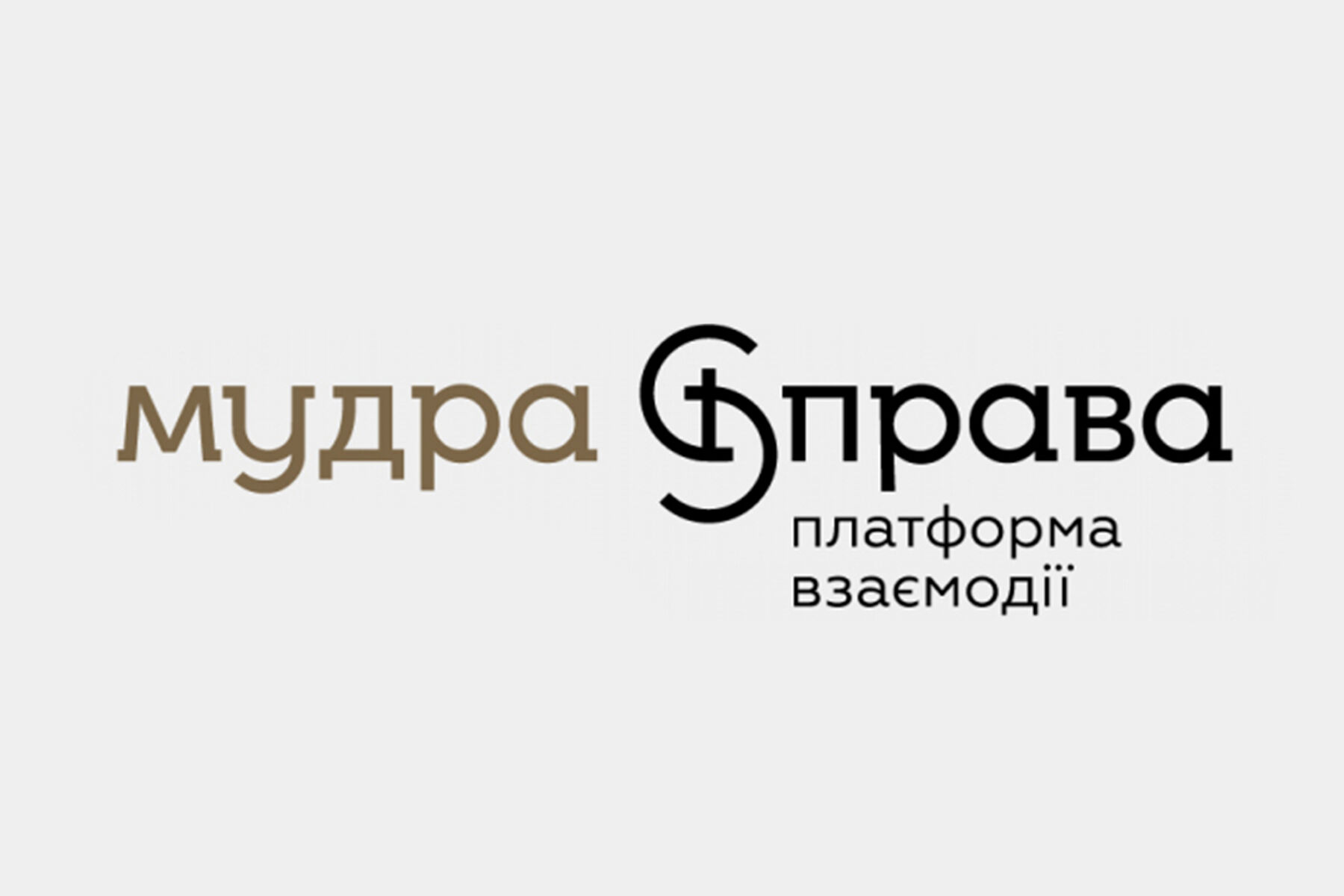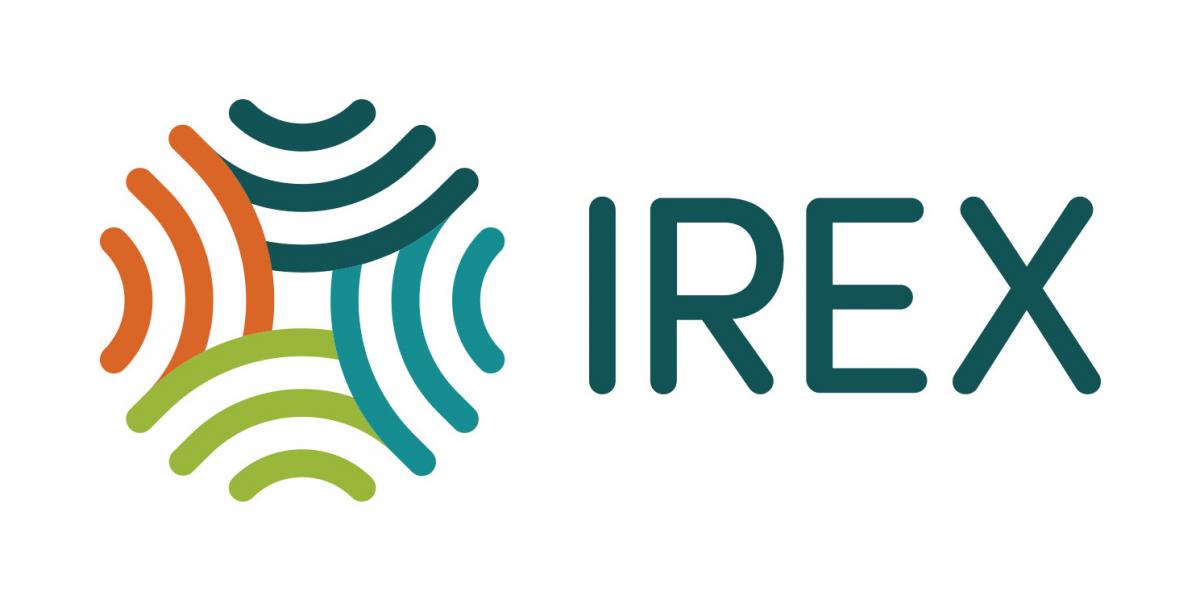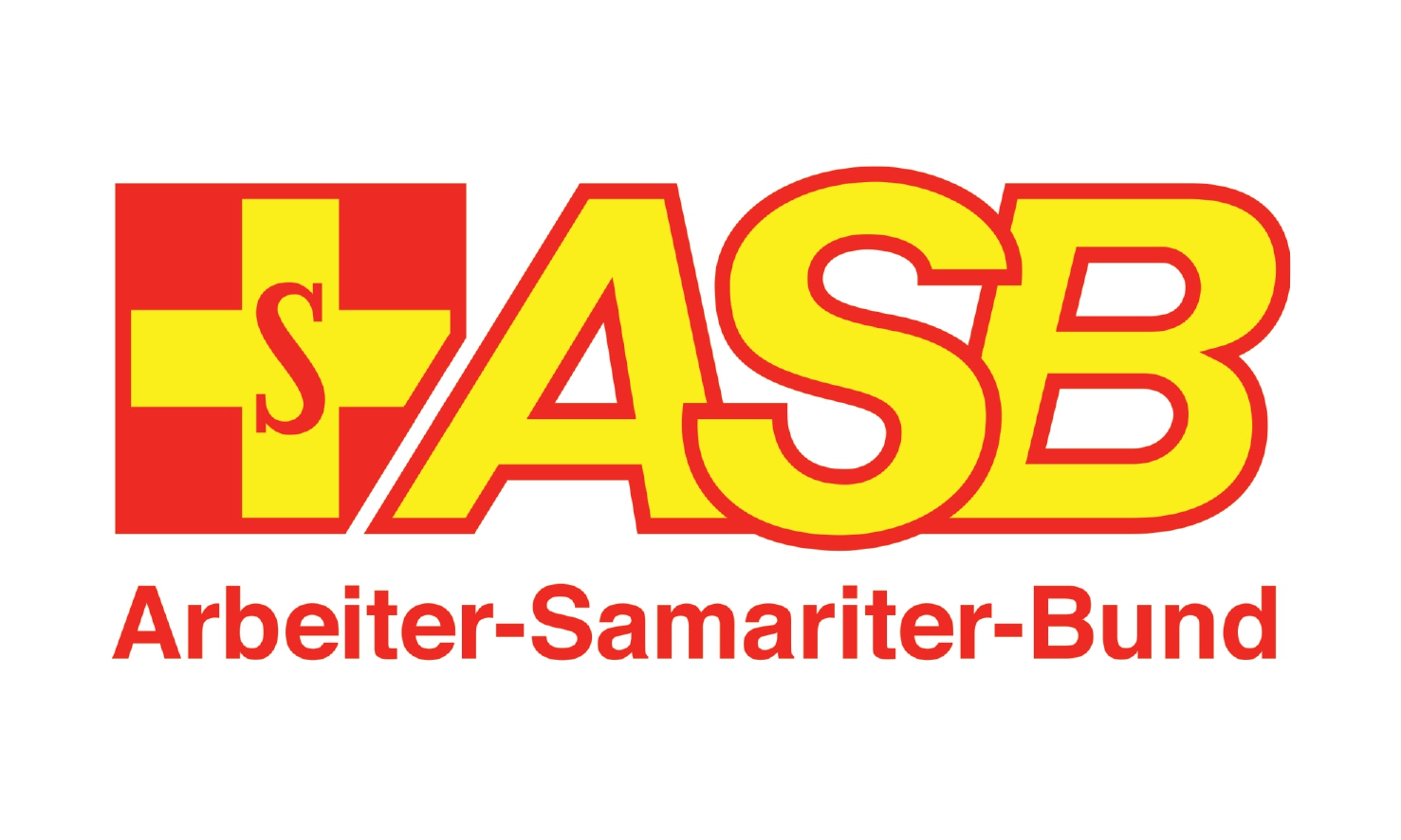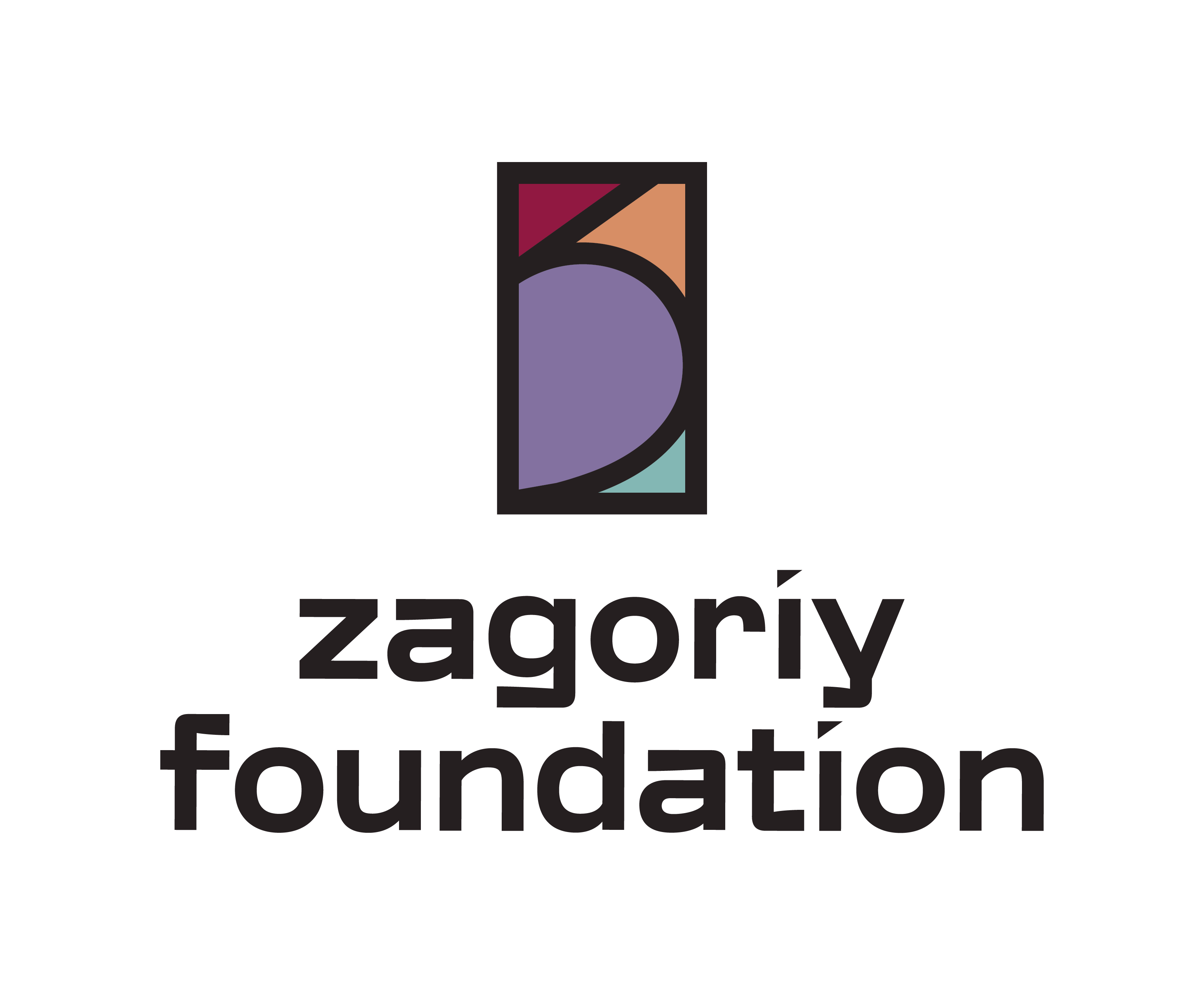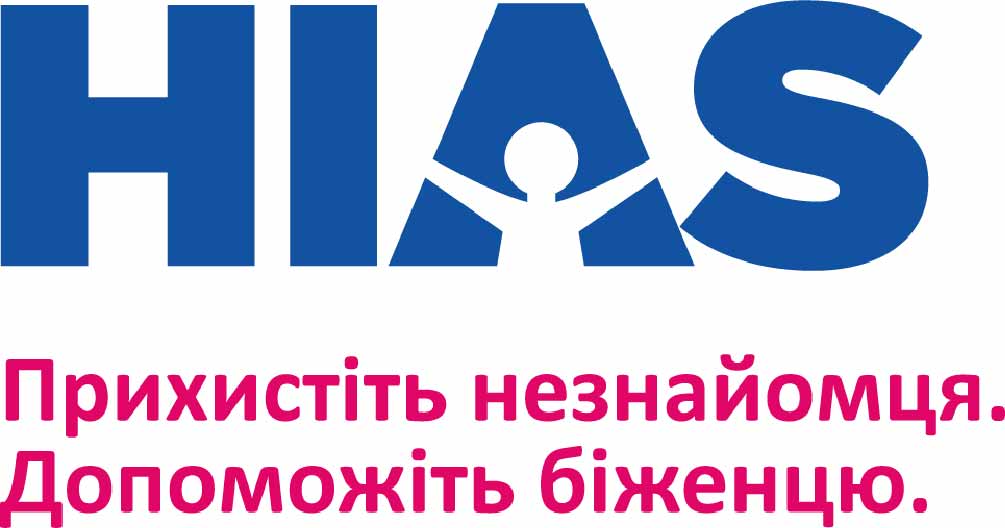Currency Exchange Rate in the European Commission Grants
ДрукуватиYour organization is implementing a grant project funded by the European Commission. As a beneficiary, you receive funds under the grant agreement in euro. However, your internal accounting policy requires that expenses be recorded in your local currency (in case your accounting records are not in euros). So how should you report to the donor, and what exchange rate should you use?
Let’s look at an example of the EU Model Grant agreement under the Horizon Europe Program 2021-2027.
The following financial reporting requirements are outlined in the agreement for beneficiaries:
The financial part of the periodic report includes:
- the financial statements (individual and consolidated; for all beneficiaries/affiliated entities)
- the explanation on the use of resources (or detailed cost reporting table, if required)
- the certificates on the financial statements (CFS) (if required)
The individual financial statements must contain all costs that:
- were incurred by the beneficiary/affiliated entities during the reporting period and
- fulfil the eligibility conditions set out in the grant agreement.
The EU Annotated Grant Agreement specifies:
- Currency for financial statements and conversion into euro
Beneficiaries must report their costs in the financial statements in euros.
The rules on conversion (of costs incurred in other currencies into euros) are as follows:
- For beneficiaries with accounting records in euros: conversion of costs according to their usual accounting practices
- For beneficiaries with accounting records in a currency other than the euro, the rules on conversion of costs recorded in their accounts may be one of the following: for programmes with double conversion rule (currently all programmes): using the average, over the corresponding reporting period, of the daily exchange rates published: in the C series of the Official Journal of the European Union
To calculate this average rate based on the daily exchange rates published in the C series of the Official Journal of the European Union, the beneficiaries may use the editable charts on the ECB website.
If no daily euro exchange rate is published by the ECB for your currency: use the average of the monthly accounting rates over the corresponding reporting period, using the currency converter on the Commission website (InforEur).
Attention should also be paid to the article of the agreement regarding the eligibility and ineligibility of costs and contributions. This section outlines the general conditions on eligibility on actual costs, specifically:
(…) (v) they must be identifiable and verifiable, in particular recorded in the beneficiary’s accounts in accordance with the accounting standards applicable in the country where the beneficiary is established and with the beneficiary’s usual cost accounting practices.
This clause is also included in the Indicative Audit Program for EU funding programmes 2021–2027, which serves as a guide for financial audits of EU grants. For programmes with double conversion (currently all EU programmes): it is necessary to verify that costs incurred in other currencies were recorded in the statutory accounting books in conformity with the usual accounting practices.
But what should an organization do if its internal accounting policy establishes different rules for converting expenses incurred in local currency into a foreign currency?
The Annotated Grant Agreement specifies that the usual cost accounting practices may NOT be used as an excuse for non-compliance with other Grant Agreement provisions. You must bring your usual cost accounting practices in line with the Grant Agreement. Therefore, the terms of the grant agreement take precedence over the internal accounting policy of the organization, which may stipulate that all transactions in local currency should be converted into the grant/program currency using a method different from that specified in the grant agreement. Consequently, if the grant agreement with the European Commission establishes specific rules for the conversion of project costs, the organization must comply with these requirements.
The grant agreement holds the beneficiary accountable for non-compliance with its terms. In cases of serious breach of obligations under this Agreement or during its implementation (including inadequate performance, non-compliance with announcement conditions, submission of false information, failure to provide required information, violation of ethical or safety rules, if applicable), the European Commission reserves the right to:
- reduce the grant amount,
- suspend payments,
- terminate the grant,
- terminate the beneficiary’s participation,
- or take other measures described in the agreement.
Therefore, we recommend thoroughly reviewing the grant agreement’s terms, consulting the donor’s contact person or contacting Compass Group advisors if any uncertainties arise.
Author: Nataliia Shkurka, Capacity Building Advisor at Compass Group.







